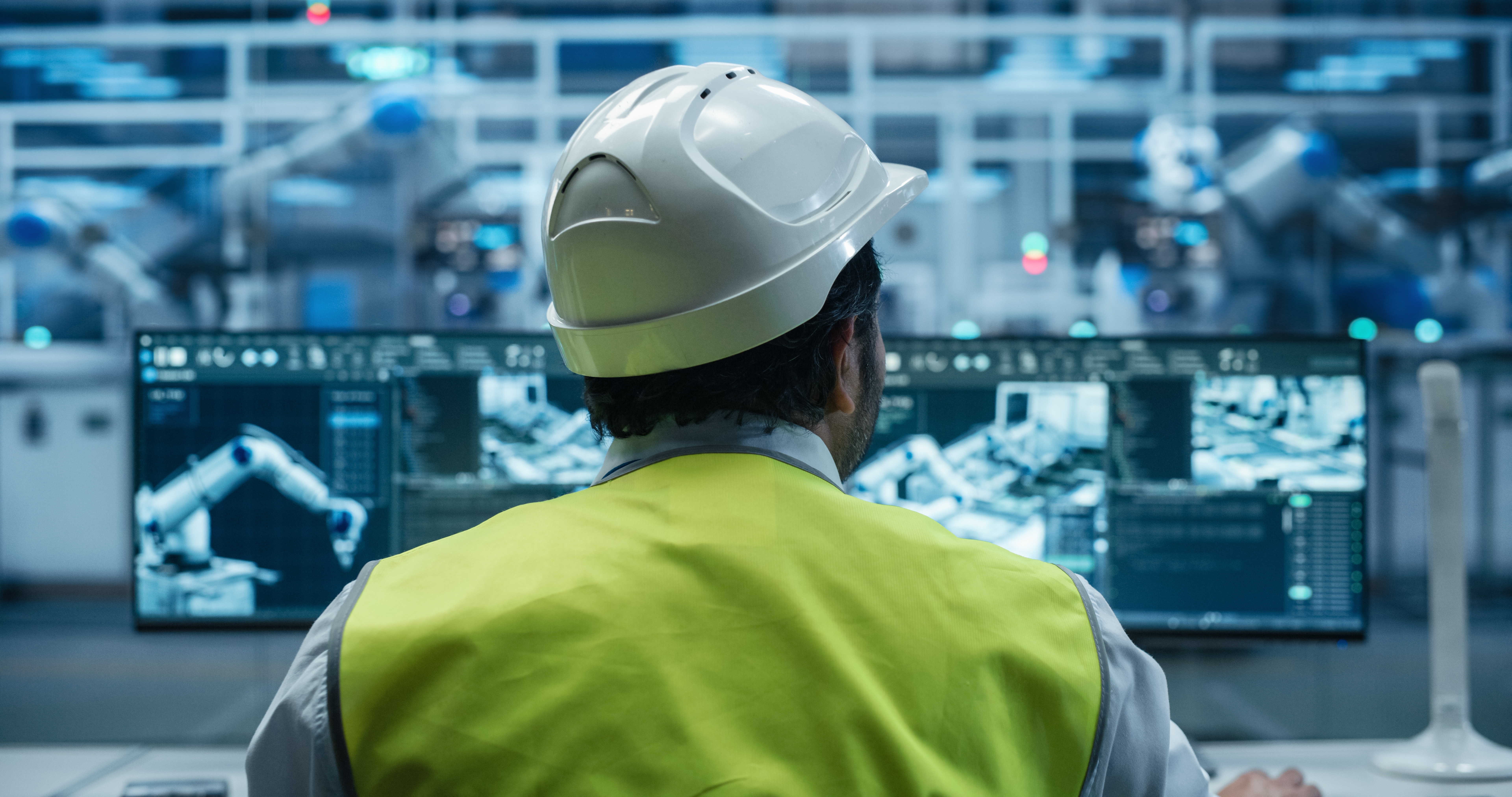
How AI is Positively Transforming the UK Construction Industry
4 June 2025 By Falmouth Fairfax
Artificial Intelligence (AI) is being increasingly used in the UK construction industry - enhancing safety, efficiency, sustainability, and workforce capabilities. Here are some ways that AI is making a tangible impact:
1. Enhancing Site Safety with Real-Time Monitoring
Safety remains a paramount concern in construction. AI technology is being employed to enhance worker safety through the use of wearables and on-site cameras. These devices can monitor workers' health indicators, detect hazardous situations, and provide real-time alerts to prevent accidents. This proactive approach to safety is a significant leap forward in a traditionally high-risk industry.
2. Predictive Maintenance for Equipment Longevity
AI algorithms are increasingly used to predict equipment failures before they occur. By analysing data from sensors installed in machinery, AI can notify operators of the need for maintenance, thus avoiding costly downtime and enhancing the longevity of the equipment.
3. Streamlining Procurement with AI Assistants
Scalera.ai, a Swiss startup, has developed an AI-powered assistant aimed at streamlining procurement and tender processes in the construction industry. The platform automates key administrative tasks such as identifying suppliers, evaluating material quality, and coordinating quote requests, significantly reducing manual labour in a traditionally paper-based industry.
4. Up-skilling the Workforce with AI Training
The AI Construction Training (ACT) programme, part of Innovate UK’s BridgeAI initiative, helps SME managers and industry leaders use AI to boost efficiency, sustainability, and competitiveness. As AI reshapes construction, the UK workforce must adapt, and ACT offers an ideal starting point.
5. Optimising Design and Planning with AI
AI algorithms assist architects and engineers by optimising designs for cost efficiency, sustainability, and constructability. AI-powered tools can analyse 3D models and Building Information Modelling (BIM) data to detect design flaws, conflicts, or inefficiencies before construction begins, potentially saving millions in rework costs.
6. Supporting Sustainability Goals
AI-driven technologies are revolutionising sustainability efforts within the construction industry by optimising resource use, reducing waste, and enhancing efficiency. For example, AI-powered building management systems leverage real-time data to optimise HVAC processes, significantly reducing energy consumption.
7. Facilitating Off-Site Construction with Robotics
Automated Architecture (AUAR), a UK-based start-up, is developing robots to build homes as a potential solution to the UK's housing crisis. Their software, Master Builder, can program robotic arms to cut timber and construct houses efficiently on-site using portable "micro-factories".
8. Integrating AI into Government-Funded Projects
The UK government has awarded £13.3 million to 24 projects that integrate AI and digital design to transform the future of UK construction. These projects aim to develop digitally-enabled simulations that support the design and management of buildings, adopt offsite manufacturing approaches that improve the quality of buildings, and create active power generation and storage within buildings.
Whilst there is no question that humans will always be key to construction, it is interesting to see how AI can support and enhance the process - especially when it comes to factors such as efficiency, safety and sustainability.
